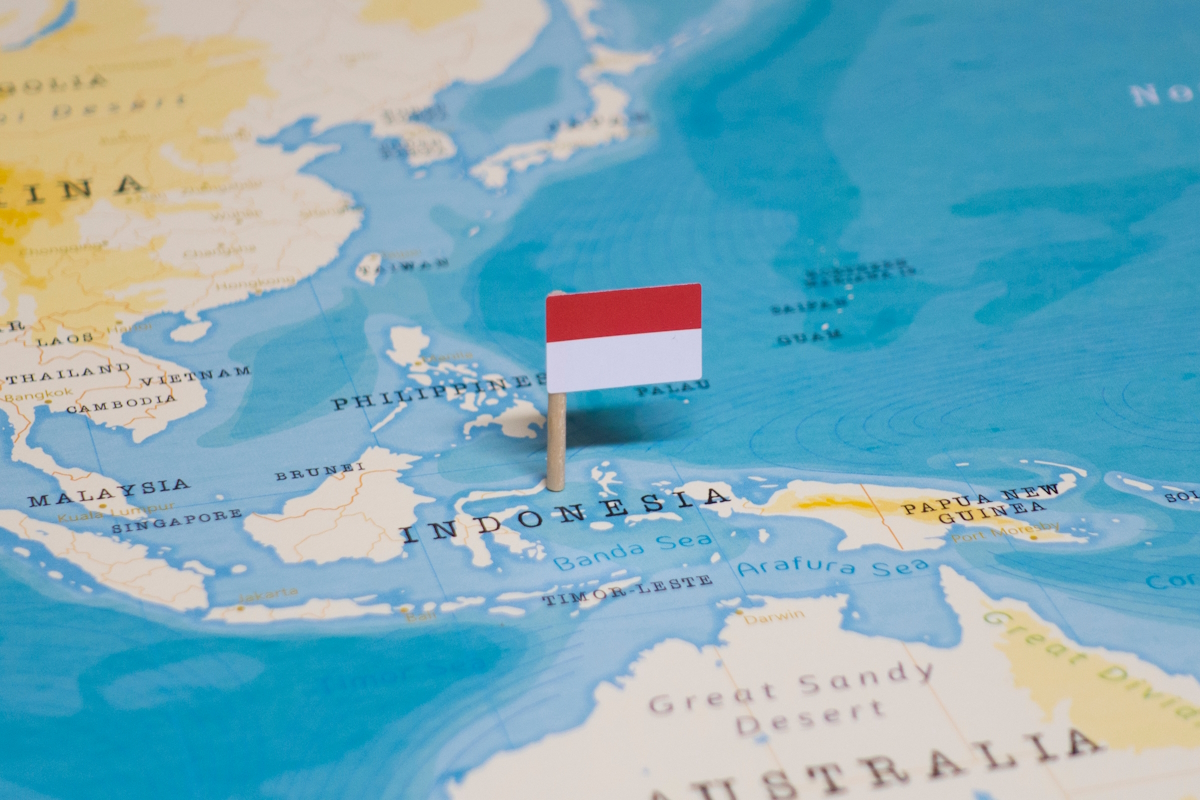In the world’s biggest one-day election, over 200 million voters were asked yesterday to decide on Indonesia’s next president. The unofficial early results suggest a victory for ex-general Prabowo Subianto. Initial counts show that the defence minister under current President Joko “Jokowi” Widodo received around 58% of the vote in the first round of the presidential elections. The official results will only be released in March, but analysts indicate it will be no different than the current trend.
Prabowo paired with Gibran Rakabuming Raka, Jokowi’s oldest son. Both pledged to uphold the Jokowi-era policies and work towards them in case of a win.
Indonesia is the world’s third-largest democracy and Southeast Asia’s largest economy. Economic reforms were the core issue of the Indonesian presidential elections. The nation’s fourth-quarter GDP growth was 5%, led by exports and government spending. However, it missed President Jokowi’s growth target beyond 5% due to a steep decline in commodity prices and rising borrowing costs.
What changes to expect from a Prabowo-Gibran presidency?
After the elections, the focus will likely be on the progress of the reform of Omnibus laws, the nickel policy, and the development of the new capital city.
The Omnibus Law, created in 2020, aims to strengthen Indonesia’s economy, boost infrastructure, attract foreign investment, and enhance the ease of doing business and job creation. The law passed by the Jokowi government was seen as business-friendly but was heavily criticised for ignoring labour rights and environmental issues. Investors should monitor the possible changes in these laws once the regime changes.
One of the ambitious projects that the current government under Jokowi has undertaken was shifting the capital to Nusantara on Borneo Island. The current capital, Jakarta, houses more than 10 million people, and there is a shortage of piped water in the city. The proliferation of illegal wells to address the shortfall has led to the depletion of the unsustainable water level. While the plan has already been set in motion, the successor to Jokowi will have to dedicate substantial investment and resources to realise this mission.
Jokowi-era commodity export policies and ties with China likely to continue
Jokowi worked towards Indonesia’s energy independence through the greater use of biodiesel and biogasoline. The government also wanted to develop Indonesia’s upstream minerals processing sector. Following these footsteps, Prabowo, the former army general, has expressed his support towards a gradual transition of Indonesia away from coal power. A ban on raw nickel and bauxite exports is also likely under Prabowo’s regime.
Sohini Sengupta, climate expert, writes in the New York Times, “By banning the export of nickel ore, critical for electric-vehicle batteries, he pushed international companies to invest in processing nickel in the country.” Following that, the Chinese company Tsingshan, for instance, set up a nickel ore processing factory in Indonesia.
These export bans are part of a long-standing project to boost the domestic battery-making industry and promote local supply chains. Moreover, bans on copper and tin exports are lined up for June.
“There is no material change expected in the operating environment and mining regulations, especially regarding rules on the export of unprocessed ores this year,” S&P Global Ratings indicated.
Besides, Prabowo Subianto also plans to set up a dedicated ministry of palm oil in Indonesia and exercise more government control.
Lastly, Prabowo is likely to maintain friendly ties with China to attract more foreign investment while balancing a stable relationship with the US. With a threefold increase in FDI from China during 2021-2022, the nation is Indonesia’s second-largest foreign investor after Singapore.
Kim Catechis, Investment Strategist at Franklin Templeton states, “It seems likely that regardless of the election outcome, Indonesia will be able to continue to balance relationships with China and the United States, while being well placed to build a key position in the new architecture of global supply chains, based around its critical mineral resources.”


 Australia
Australia China
China India
India Indonesia
Indonesia Japan
Japan Malaysia
Malaysia Philippines
Philippines Singapore
Singapore South Korea
South Korea Taiwan
Taiwan Thailand
Thailand Vietnam
Vietnam







